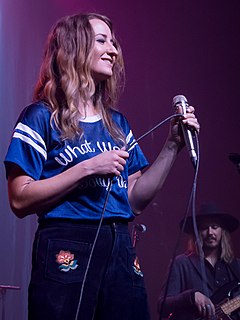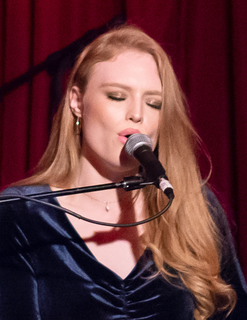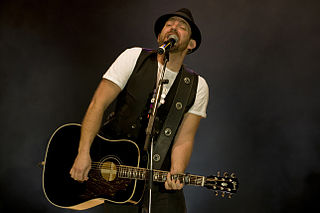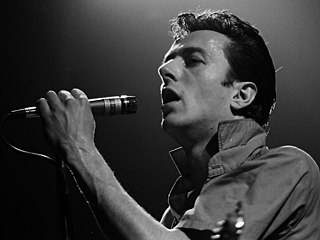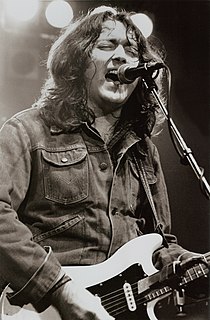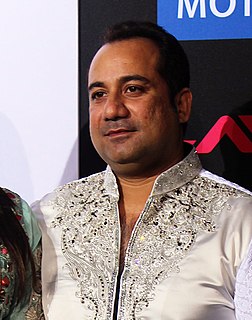A Quote by David Byrne
All you needed was a couple of instruments and a few chords and you could be on an indie label.
Related Quotes
When I was 12 or 13, my dad taught me a couple of different chords, and once I learned chords, I never learned to read music, but I learned tablature, like a lot of kids do, and I learned songs that had the chords I knew. It took me a long time to understand the upstroke of picking and strumming, but once I did, it all fell into place.
This was early '90s and in New York hip-hop was coming on really strong; that was the sort of urban folk music that was almost threatening to eclipse rock music and indie rock music in terms of popularity, which it has certainly gone on to do. But you know, this is the end of the 1980s, beginning of the '90s. The whole independent label thing has really evolved to this incredible point from the early '80s when we started, and there wasn't one record label at all, until a couple people started forming these small labels.
Men can construct a science with very few instruments, or with very plain instruments; but no one on earth could construct a science with unreliable instruments. A man might work out the whole of mathematics with a handful of pebbles, but not with a handful of clay which was always falling apart into new fragments, and falling together into new combinations. A man might measure heaven and earth with a reed, but not with a growing reed.

